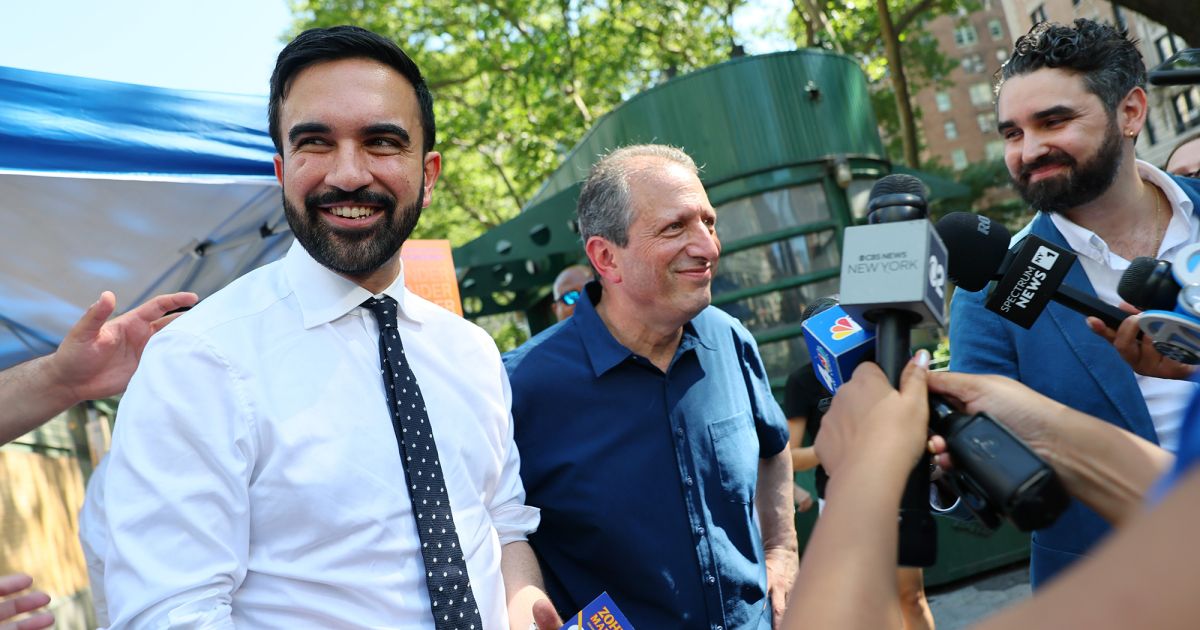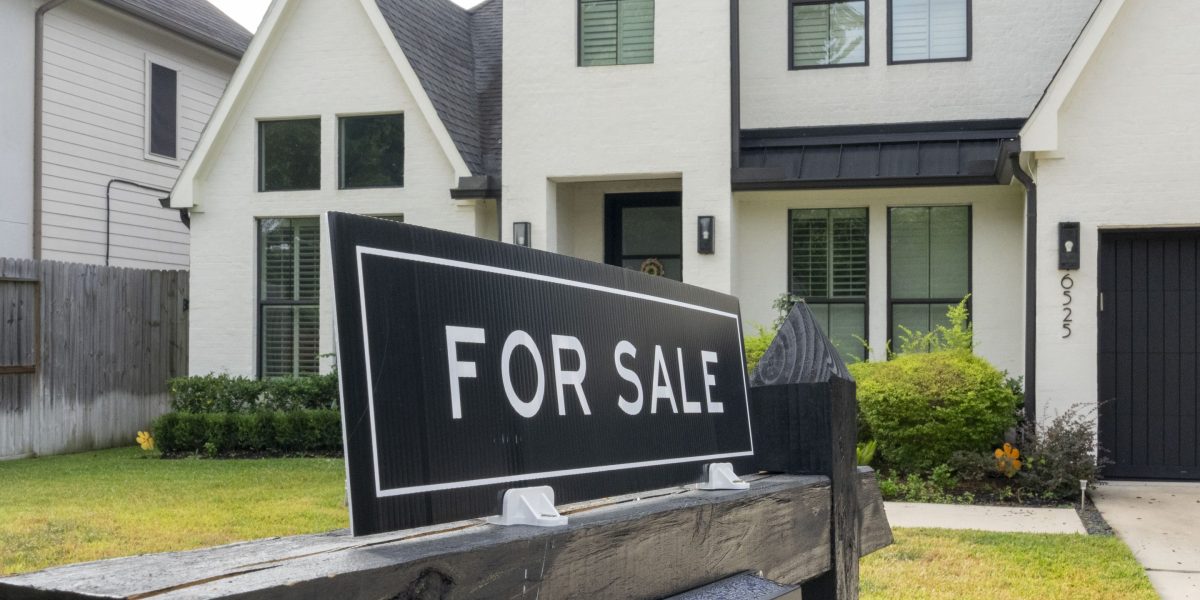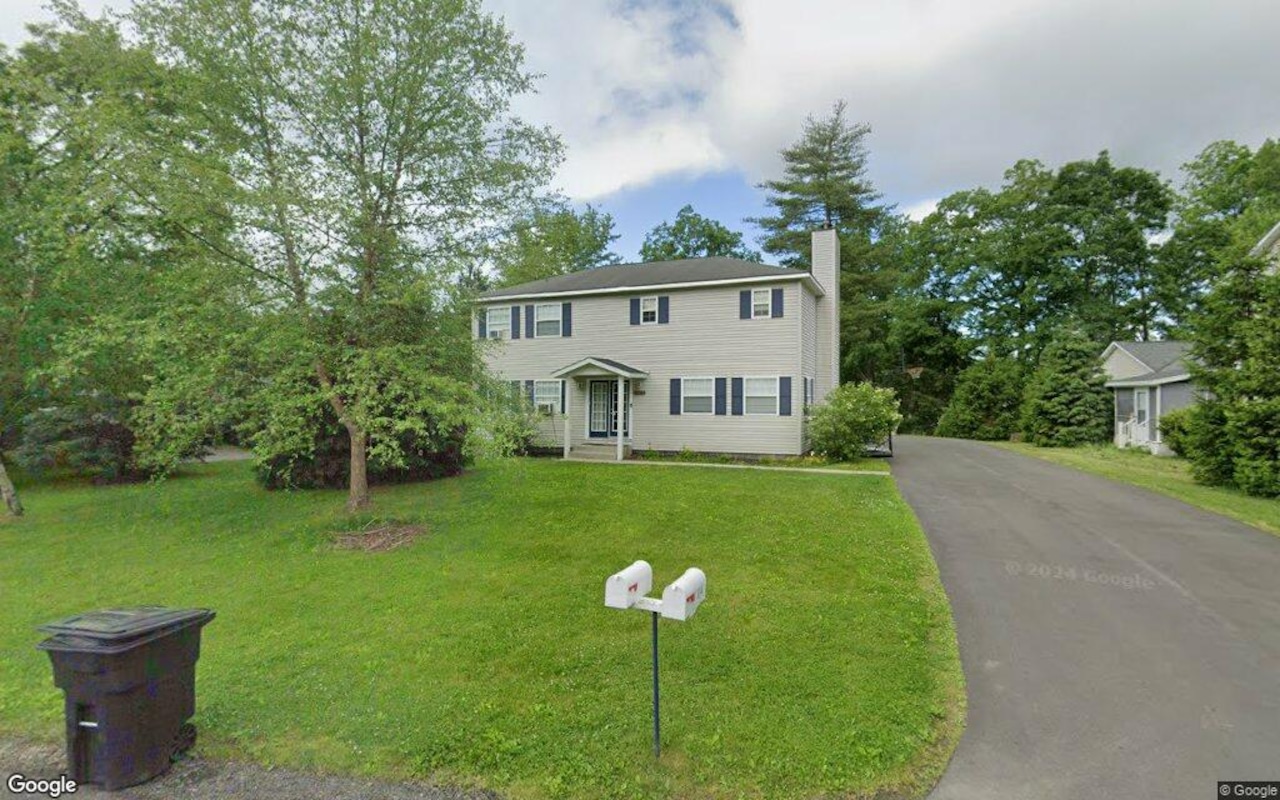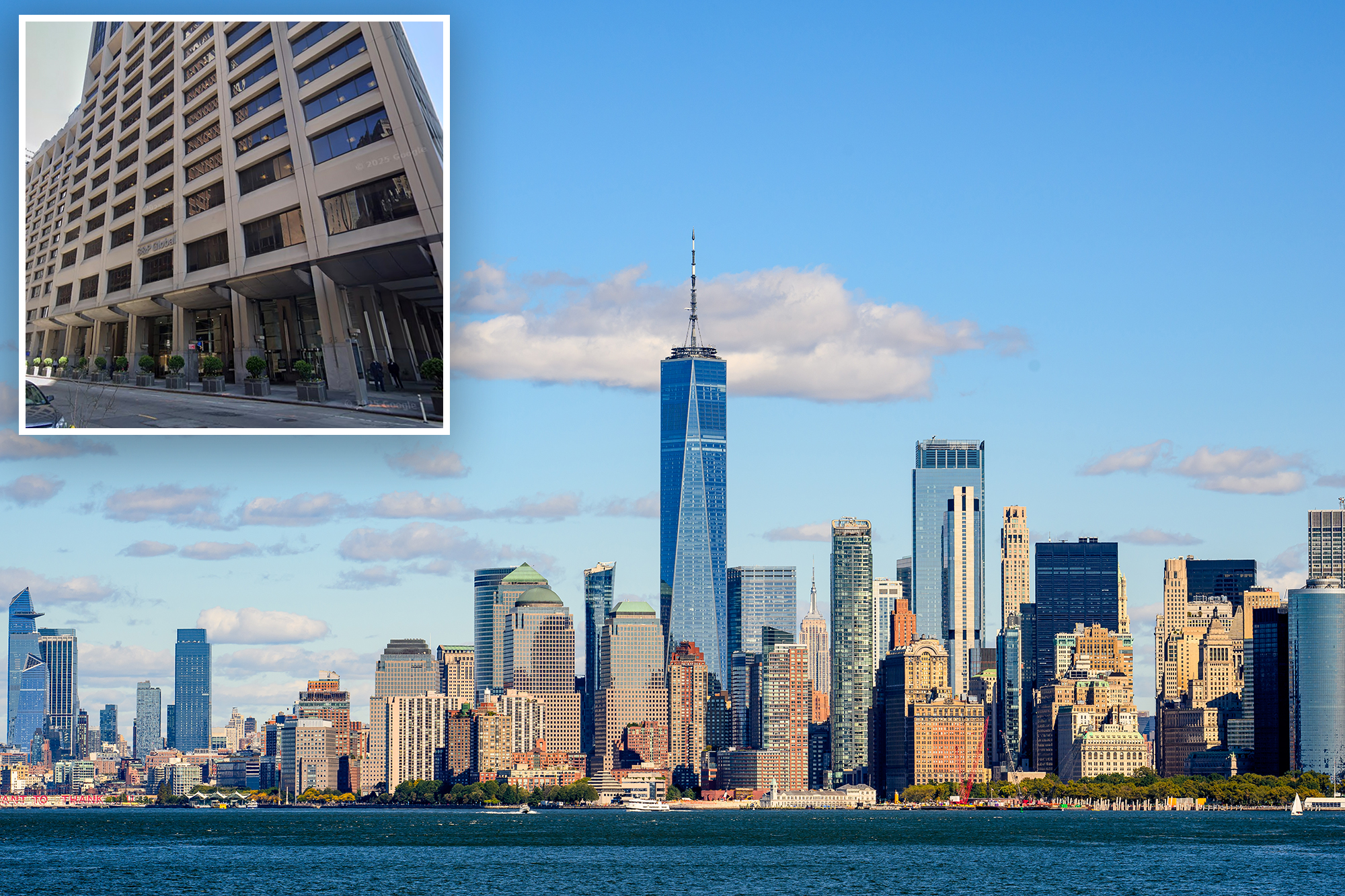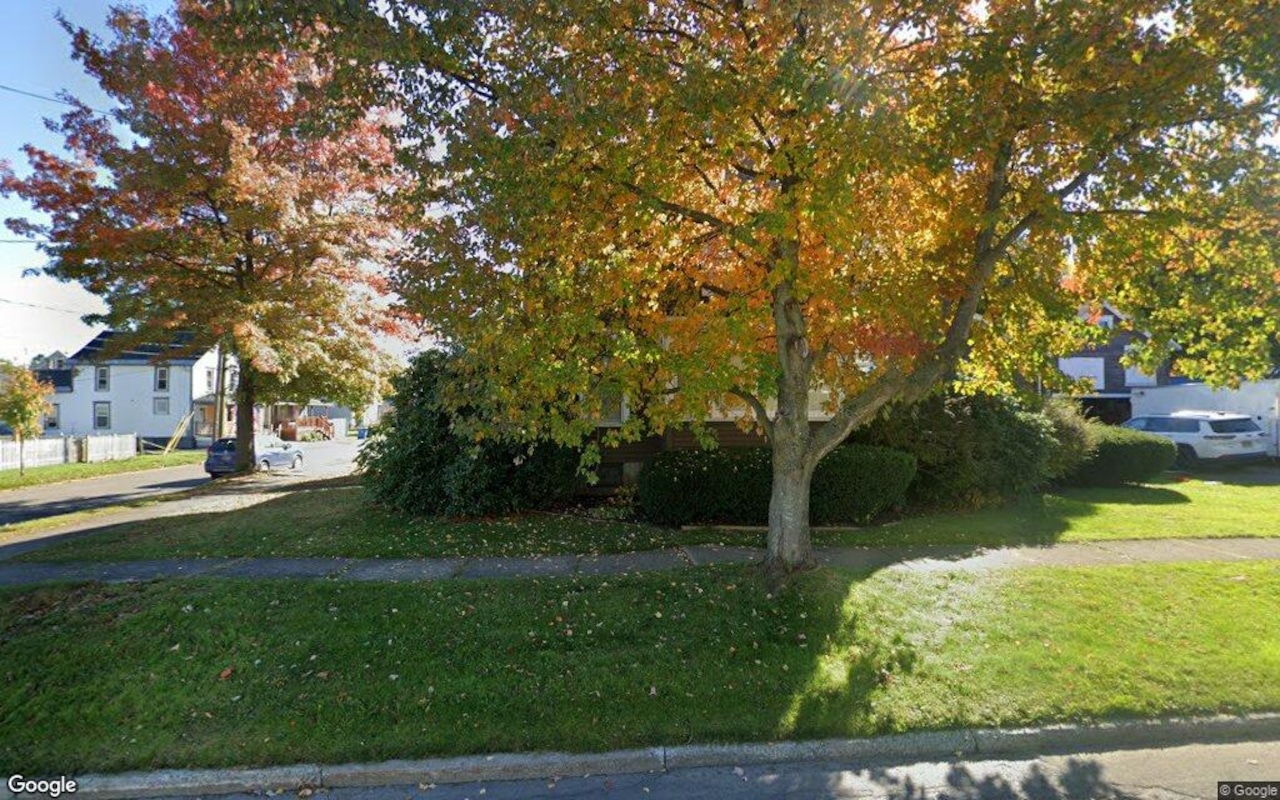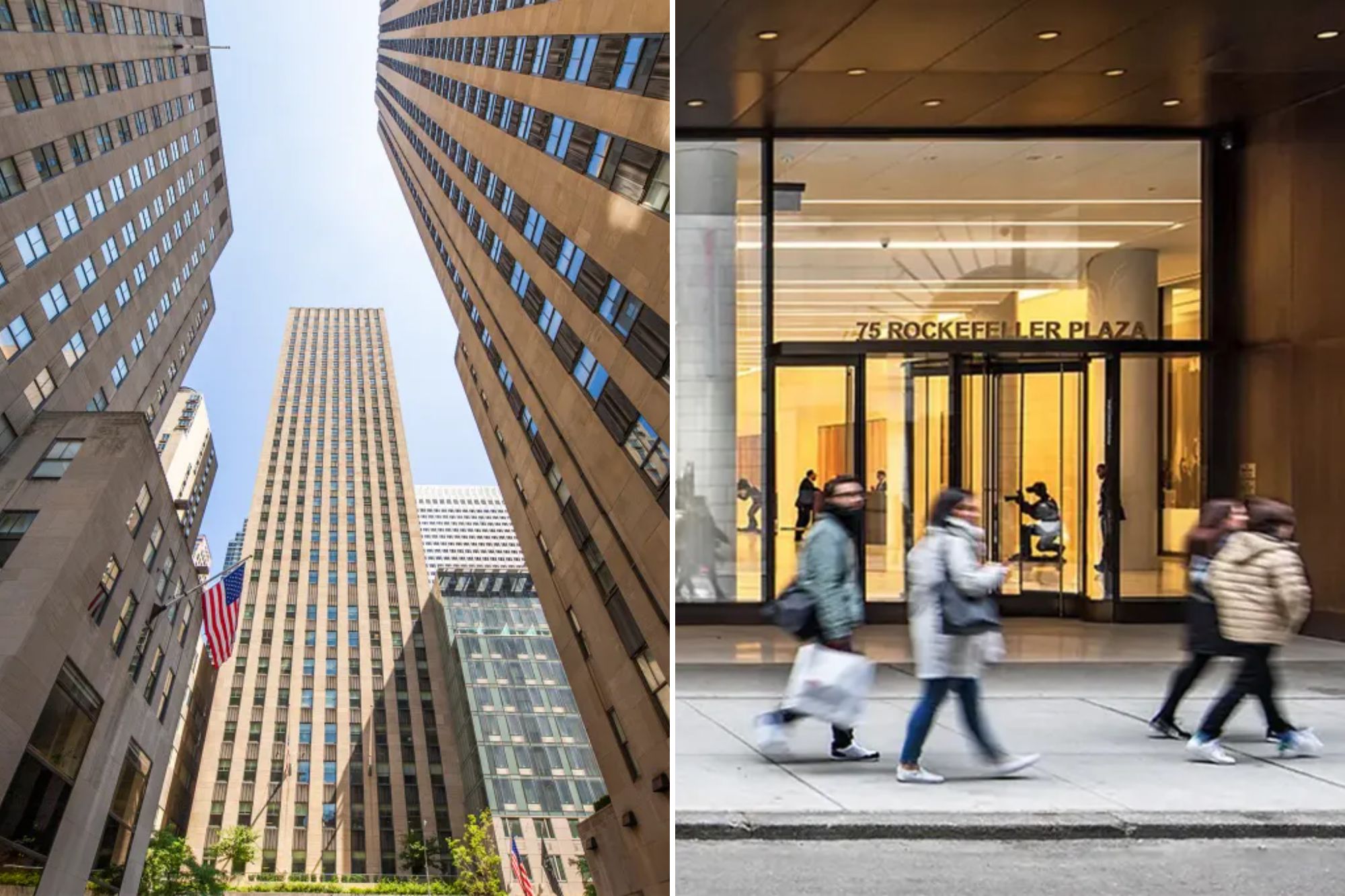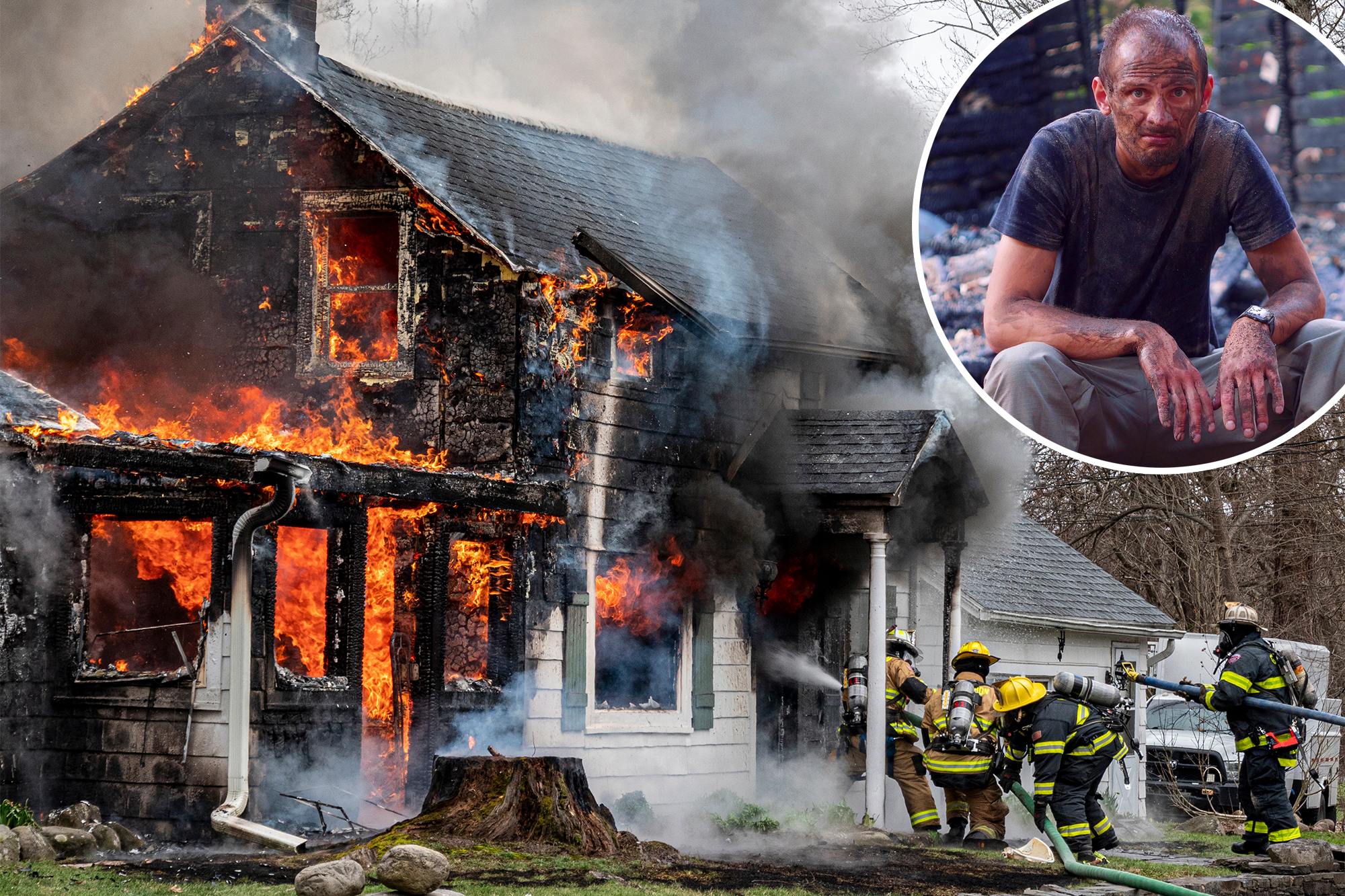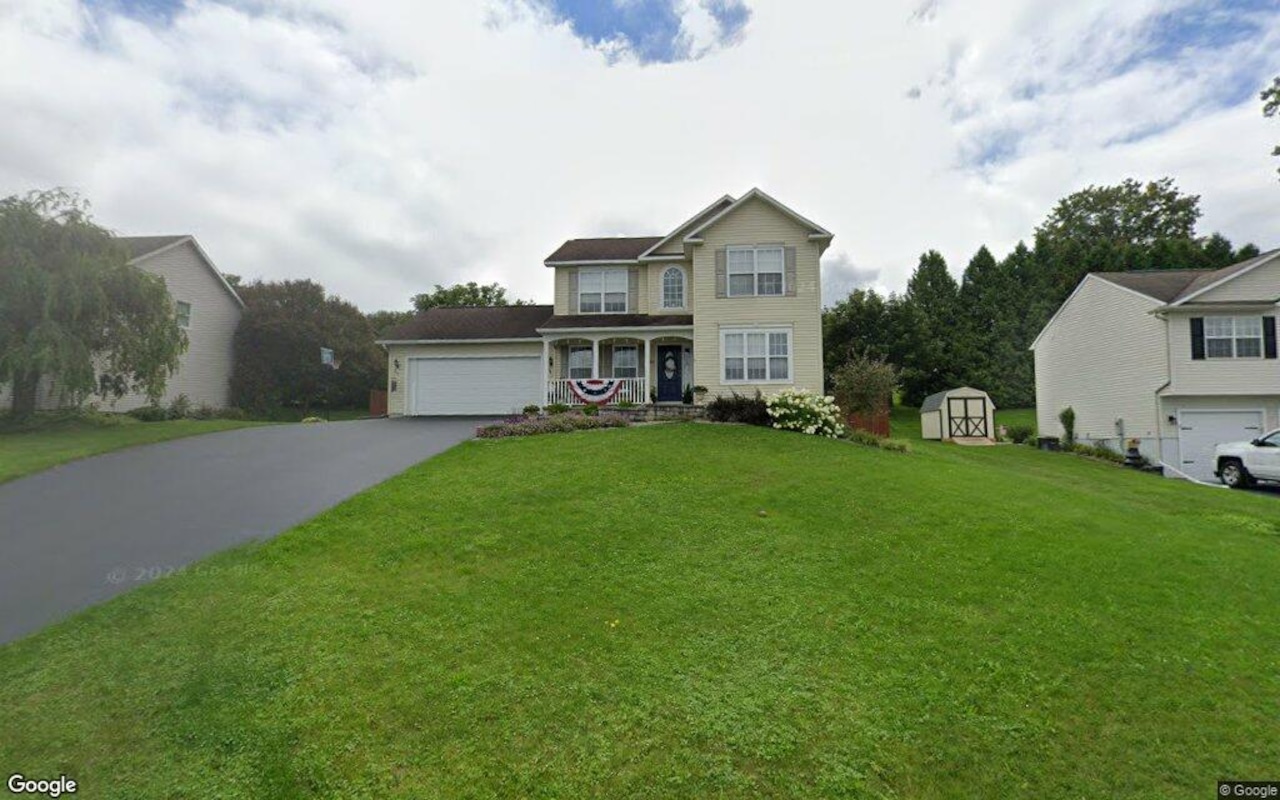N
ew York's business elite is reeling after Zohran Mamdani's upset victory in the Democratic primary. Commercial real estate and city business leaders, who had backed Andrew Cuomo, are now scrambling to adjust to the new reality. Dan Loeb, CEO of hedge fund Third Point, tweeted "It's officially hot commie summer" just hours after Cuomo conceded.
Some Wall Street and real estate heavyweights are reportedly fundraising for Mayor Eric Adams' independent re-election bid in hopes he can stop Mamdani's momentum. However, Mamdani is the overwhelming favorite, having declared victory after surging ahead of Cuomo by seven points in the first round of ranked-choice voting last month.
Mamdani's campaign has won over Democratic leaders and labor unions, including the New York City Labor Council and 32BJ SEIU. His backers now include many who previously supported Cuomo. Mamdani finished with 56% to Cuomo's 44% after all ranked-choice rounds were tabulated on July 1.
Business leaders are concerned about Mamdani's tax plan, which would raise corporate taxes from 7.25% to 11.5% for businesses with an income base above $5 million and add a 2% income tax on New Yorkers earning more than $1 million annually. However, mayors do not have the power to alter tax rates on their own, and Mamdani would need to convince Albany lawmakers to make changes during an election year in 2026.
Mamdani's campaign has proposed adjusting property class assessment percentages to lower tax rates for outer-borough homeowners while raising rates for brownstone, co-op, and condo owners in wealthier areas. He also wants to add circuit breakers for low- and middle-income homeowners in gentrifying neighborhoods to prevent property taxes from becoming unaffordable.
Mamdani has promised to build 200,000 new units of permanently affordable homes over the next 10 years, but getting there won't be easy. The Adams administration's City of Yes plan aimed to allow denser residential construction and eliminate mandatory parking requirements in some areas, but the City Council allowed several neighborhoods to opt out.
Mamdani's views on housing have evolved, and he now recognizes the significant role private developers play in the market. He wants to upzone wealthier areas that have not allowed affordable housing projects and end parking minimums – ideas that other elected officials have bandied about for years.
The most contentious plank in Mamdani's campaign platform is his vow not to increase rents for those living in rent-regulated homes, something a mayor can directly influence. However, some landlords warn they cannot pay for repairs or return vacant units if Mamdani gets his way.
Mamdani will ultimately have to choose between using his position as a bully pulpit to express ideology or deliver services to those who elected him. He may have to break from allies who want affordable housing built entirely by the public sector, and some warn he should be cautious of "extreme voices" around him.
